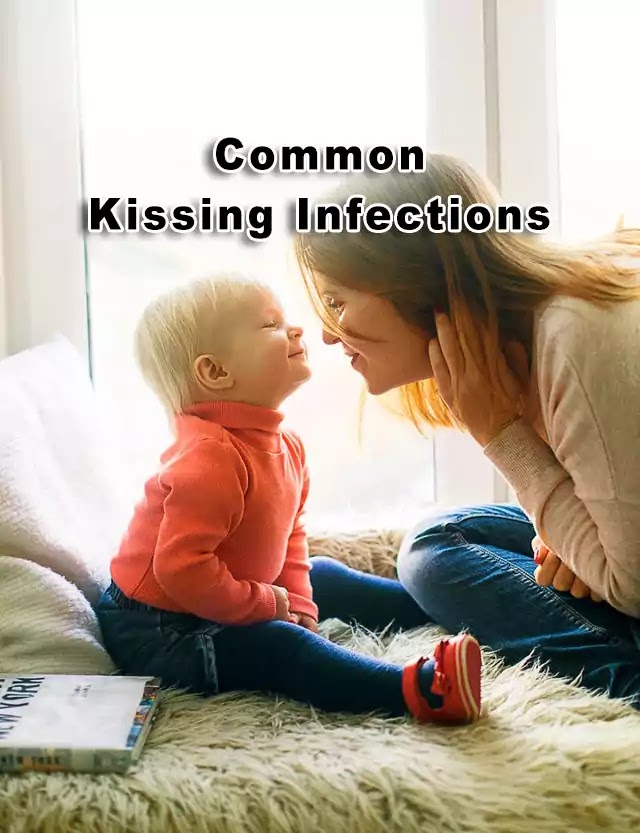A 4 years old boy having complaints of high-grade fever of 102⁰F with severe throat pain and dysphagia.
Blood investigation with Complete Blood Counts (CBC) done but it shows no significant diagnostic changes.
X-ray chest and sonography of abdomen also normal.
He was admitted to the hospital for his persistent complaints. He was very irritable because of severe throat pain and he also developed rashes on the face.
Reference to the Infectious Diseases physical (ID) given.
On examination, there was a severely congested posterior pharyngeal wall as well as hypertrophied papillae and uvula.
Rashes are vesicular and distributed around lips suggestive of herpes simplex rash.
Final diagnosis: Acute herpetic pharyngitis
Herpetic pharyngitis is common in children between 6 months to 5 years of age.
He was started on intravenous acyclovir as per his weight because he wasn’t able to take oral tablets.
Over the next 2 days he became afebrile, rashes improved, and started taking liquids orally. He was discharged on oral antiviral famciclovir.
Discussion
Table of Contents
What is the cause of herpetic pharyngitis?
Some adults and children are subclinically infected and they shed HSV-1 in their saliva. Some parents have the habit of kissing their child frequently on the lips which can spread infection in the child.
In school, some children do have the habit of kissing their colleagues because they have learned these things from their parents.
Common infections spread through kissing are
1. Infectious mononucleosis. It is caused by the Epstein-Barr virus (EBV)
2. URTI (Upper Respiratory Tract Infection)
3. Herpetic pharyngitis
4. Chickenpox
5. H1N1 flu
6. MMR (Measles, Mumps, Rubella)
7. Pertussis
8. Tuberculosis
Is there any role of antiviral in this case?
Yes. If it is started within 72 hours of symptoms. Faster healing is noted.
Is there any role of antibiotics in the treatment of pharyngitis?
The common cause of URTI in children and adults is viral. The most common bacteria is group A streptococcus.
We can diagnose bacterial URTI with an important scoring system known as CENTOR.
Below is important criteria to calculate the score.
(1) If Fever is >100.4 give point 1
(2) If cough is absent give point 1
(3) If there is exudate on the tonsil give point 1
(4) If there are tender cervical lymph nodes give point 1
(5) Age:
3 to 14 years give point 1
15 to 44 years give point 0
Age more than 45 years give point -1
Now calculate the score.
If the score is 3 or more then give antibiotics. Otherwise, there is no need for antibiotics.
This educational interesting case study was shared with us by
Dr. Pratik Savaj
Infectious disease Physician
DNB Medicine
FID, FNB Infectious disease (Hinduja Hospital, Mumbai)
Available at:
SCID-AI clinic (401, SNS AXIS BUSINESS SPACE, Nanpura, Surat city)
and
IDCC Hospital (Infinity tower, Near Ayurvedic College, Station Road, Surat city)
Thank you. Have a healthy day.

